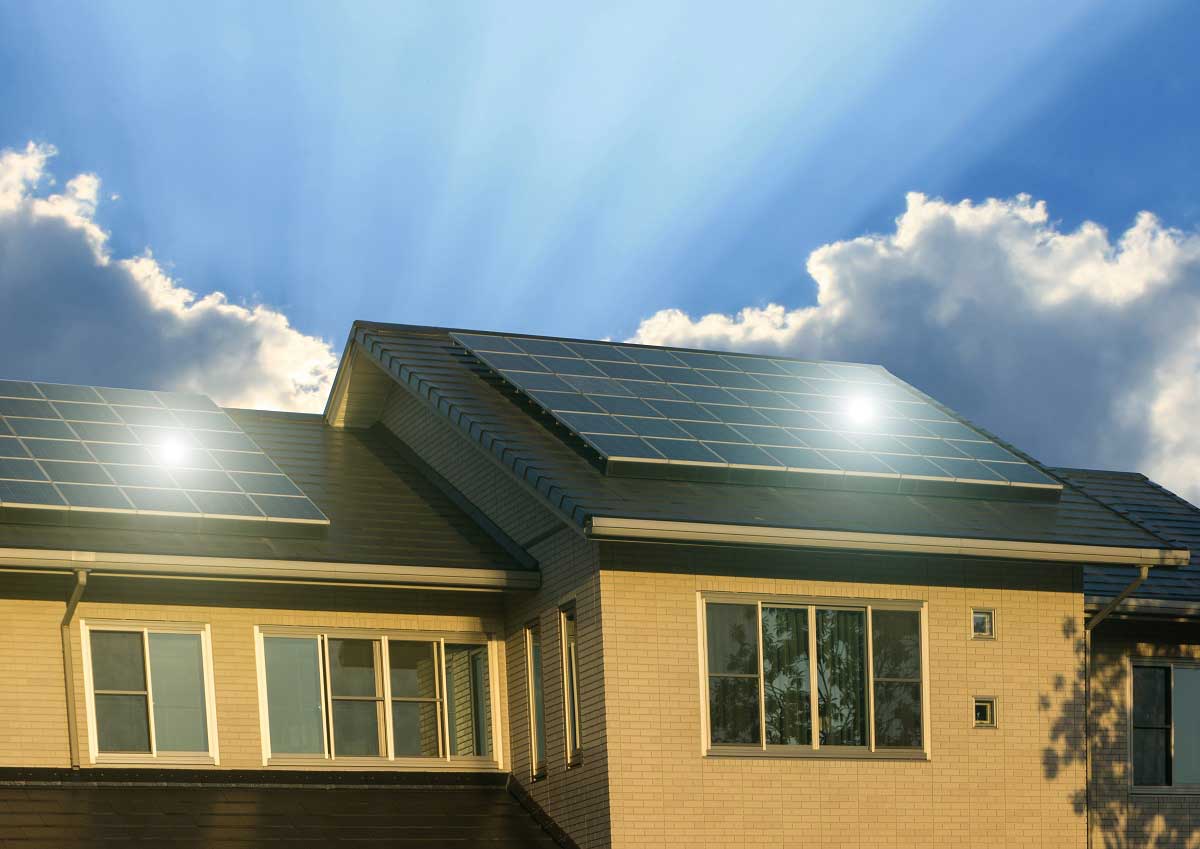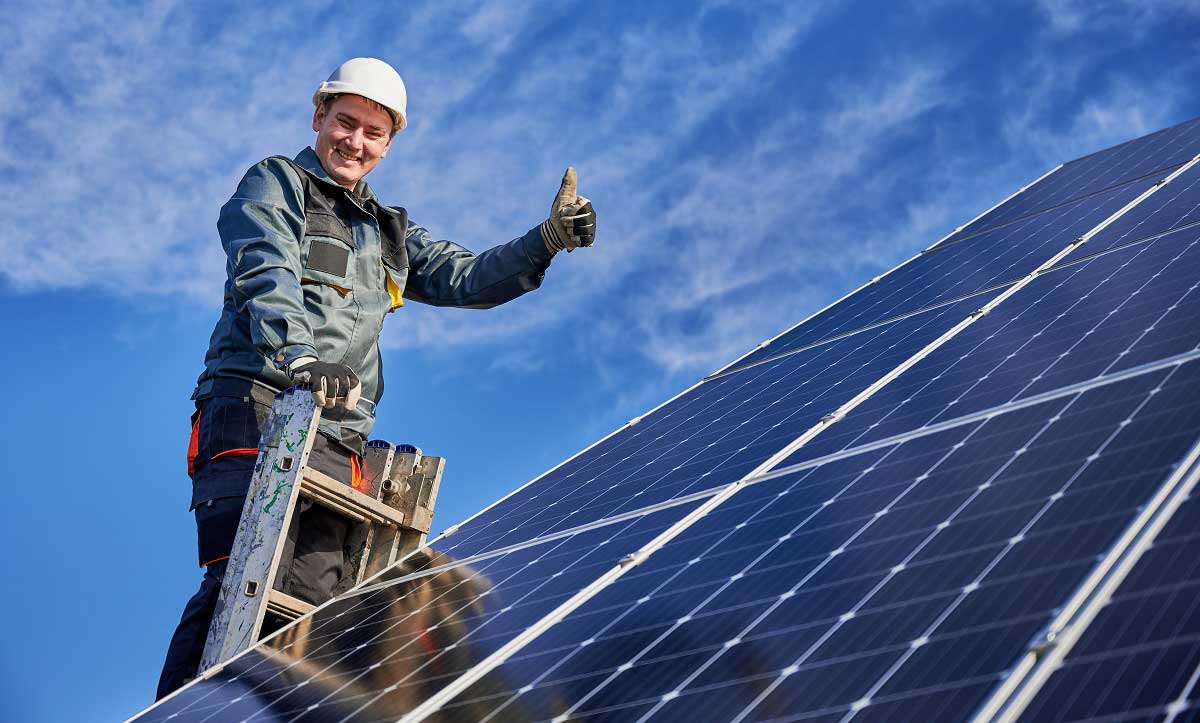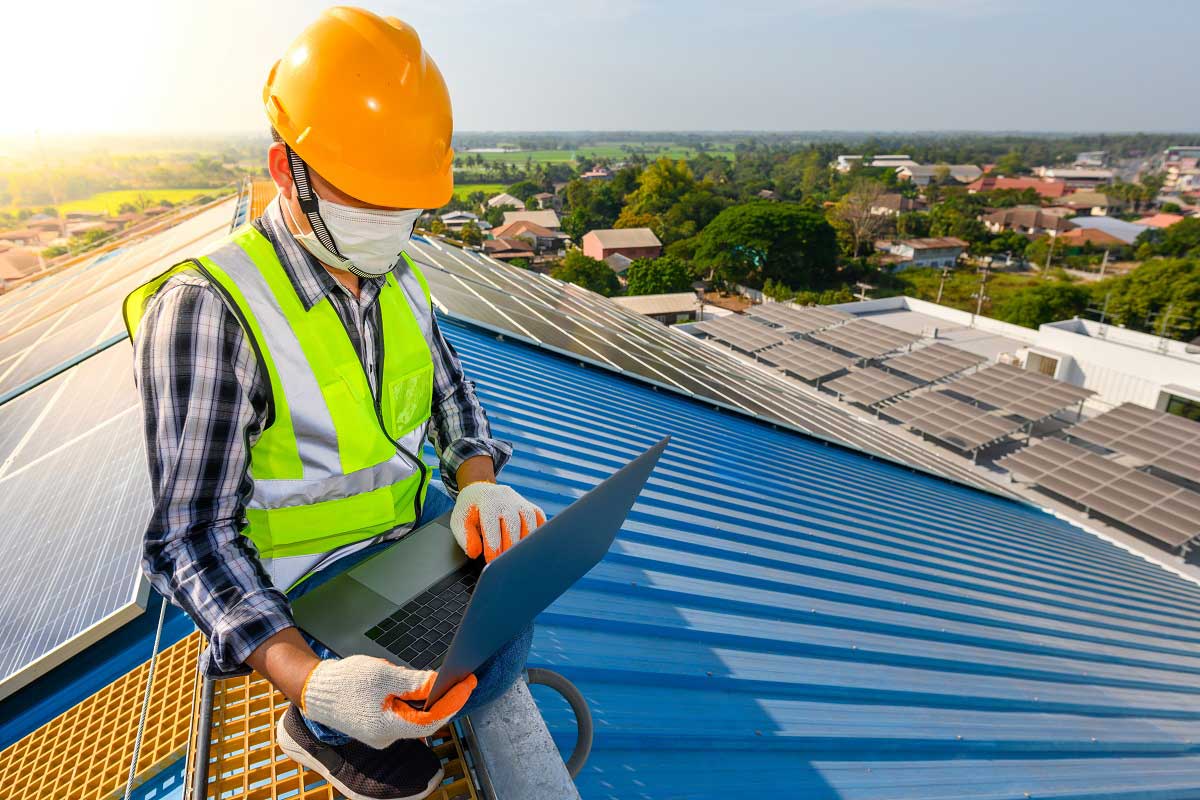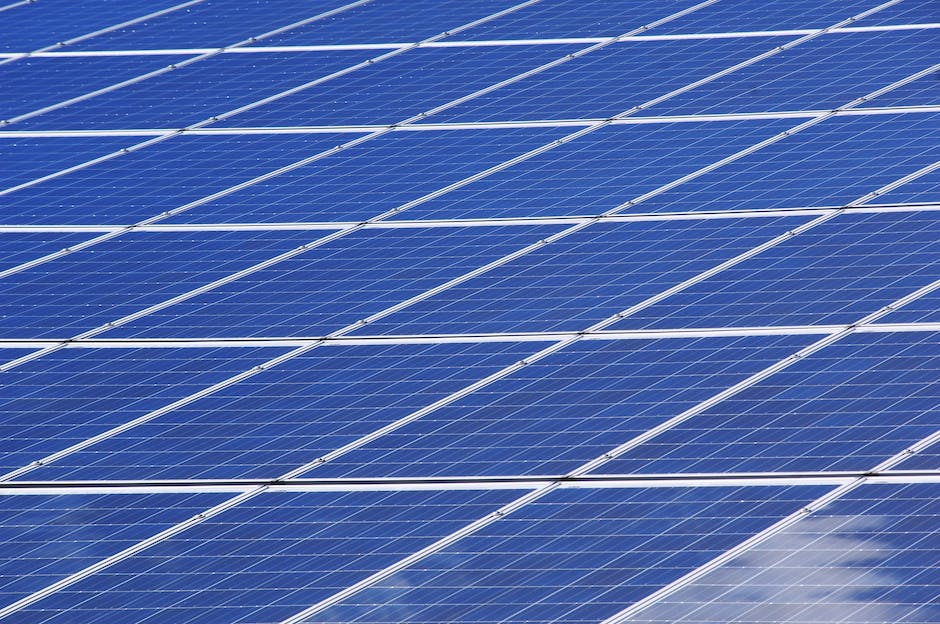Harnessing the sun's energy for electricity generation is not just eco-friendly but also cost-effective. However, the initial investment for solar panels might seem daunting to many. That's where the government steps in, providing various programs to help you with energy assistance, like getting free solar panels. Let's take an in-depth look at how you can benefit from these programs.
Explore our comprehensive guide on how to get free solar panels from the government. Learn about federal and state incentives, solar leases, PPAs, and energy assistance programs to reduce your energy costs and transition to renewable energy.
How To Get Free Solar Panels From The Government
While the term "free solar panels" is used frequently, it's essential to clarify that most government programs primarily involve financial incentives that significantly reduce the overall cost of solar panel installation. These incentives can take various forms, such as grants, tax credits, and rebates, making solar energy more affordable and accessible.
Federal Solar Tax Credit (Investment Tax Credit)
The Federal Solar Tax Credit, also known as the Investment Tax Credit (ITC), is one of the most lucrative incentives for solar panel installation. It allows you to deduct a portion of the cost of installing solar panels from your federal taxes.
How ITC Works
When you install a solar panel system, you can claim a tax credit equivalent to a percentage of the total cost of that system. Currently, the ITC stands at 26% for solar systems installed before 2023.
State Solar Programs
In addition to federal incentives, many states have their own programs to promote solar energy. These can include additional tax credits, rebates, performance payments, and even free or low-cost solar panels for low-income households.
Local Solar Initiatives
Local governments and utilities often offer their own incentives. These can range from net metering programs that pay you for the excess electricity your solar panels produce, to free solar panels for qualifying households.
Solar Leasing And Power Purchase Agreements
Another way to benefit from solar power without the upfront cost is through Solar Leasing and Power Purchase Agreements (PPAs).
Solar Leasing
In a solar lease, you essentially rent the solar panel system from a solar provider. You pay a fixed monthly rate in exchange for using all the electricity the system produces.
Benefits Of Solar Leasing
Solar leasing can significantly reduce or eliminate the upfront costs of installing a solar panel system. The leasing company is responsible for maintaining the system, removing another potential barrier to solar energy.
Power Purchase Agreements
PPAs are similar to solar leases, but instead of renting the system, you agree to buy the electricity the system produces at a set rate.
Advantages Of PPAs
PPAs can be an excellent choice if you want the benefits of solar power without the responsibility of owning and maintaining a solar system. As with a lease, the solar company is responsible for maintenance and repairs.
Energy Assistance Programs For Low-Income Households
Governments often run programs targeted specifically at low-income households. These programs aim to tackle energy poverty and make renewable energy more accessible to those who need it most.
The Low-Income Home Energy Assistance Program (LIHEAP)
LIHEAP is a federal program that assists families with energy costs. While it is primarily known for helping with heating and cooling expenses, some states use LIHEAP funds to help households install solar panel systems.
How LIHEAP Works
Eligibility for LIHEAP is based on your income and family size. If you qualify, you can receive financial assistance to help cover your energy costs, including the cost of installing solar panels in some states.
Weatherization Assistance Program (WAP)
The Department of Energy's Weatherization Assistance Program helps low-income families reduce their energy costs by improving home energy efficiency. This can include installing solar panels.
The Benefits Of WAP
If you're eligible, the WAP can provide a range of services to improve your home's energy efficiency. This could include adding insulation, sealing leaks, and, in some cases, installing solar panels.
Tips For Applying For Solar Panel Assistance
To understand how to get free solar panels from the government, it is important to learn some basic steps. Obtaining solar panel assistance can seem daunting, but with a little preparation, you can maximize your chances of success.
Do Your Research
The first step is to understand what programs are available to you. This will depend on your location, income level, and other factors. Resources like the Database of State Incentives for Renewables & Efficiency (DSIRE) can be a good starting point.
Gather Necessary Documentation
Before you start the application process, gather all the necessary documentation. This typically includes proof of income, a copy of your energy bill, and identification.
Apply Early
Many programs have limited funding, so it's important to apply as early as possible. Some programs operate on a first-come, first-served basis, so don't delay in getting your application in.
Consult With A Solar Installer
A reputable solar installer can provide invaluable advice about which programs you're eligible for and help you navigate the application process.
Getting Free Solar Panels From The Government
Solar power is a cost-effective and environmentally-friendly alternative to traditional energy sources. By taking advantage of government incentives, solar leases, and PPAs, you can install solar panels with little to no upfront cost. Make sure to research and apply for all the programs you're eligible for, and you could soon be enjoying the benefits of solar energy. By taking the steps outlined above, you can learn how to get free solar panels from the government and start your journey towards clean, renewable energy and a more sustainable future.
Find out how Temporary Assistance for Needy Families (TANF) can help you and your family meet basic needs. Visit Gov-Relations now to explore more social help resources to help you meet your financial challenges.







